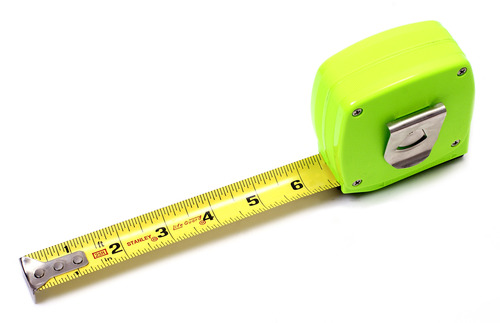Dear Alex,
Have used your book “How Rude” as my go to resource - raising two amazing teens!
I was specifically looking for help with comments that my son gets regarding his size. He is a "delayed grower" and looks to be much younger which causes other kids and adults to say extremely rude things. I love your polite response sections and so far we have used "How kind of you to point that out." He is heading to a new school next year, 9th grade and all new kids. I am attempting to fill up his toolbox. Any suggestions would be greatly appreciated.
Thank you so much!
Helena
Dear Helena,
Thank you for your kind email. I am always delighted to hear from readers of How Rude! and am pleased that you and your son have found the book useful.
With regard to your son’s situation…. What a shame that so much energy has to be expended coping with the rude buffoons who stalk the planet. But, such is life.
I don’t know your son’s personality, levels of self-confidence, or peer-group social status. I also don’t know where these rude comments fall along the continuum from thoughtlessness to intentional bullying. So let me suggest a range of options for responding to such rudeness. The first, of course, is to ignore it. Sometimes, the ignorant utterances of others simply aren’t worthy of a response. If The Rude One was trying to get a rise out of your son, failure to do so might cause the person to abandon his efforts.
If, however, your son feels a need to respond, the “polite” approach is the way to go. With careless and insensitive friends your son will continue to see, he could simply say, “I’d appreciate it if you didn’t talk about my size,” or, “Could you please stop making comments about my height.” Friends would recognize from this response that they overstepped the line, and be likely to stop making such remarks.
With strangers or people with whom your son does not have an ongoing relationship, the above request might, by revealing his sensitivity, prompt further comments or challenge. So he should employ the “snappy comeback.” This strategy usually has the effect of making The Rude One feel silly and uncomfortable, causing him to drop the subject or leave. There’s really no limit to the types of perfectly polite things your son can say in response to comments about his height:
“Thank you for noticing.”
“Yes, it comes in handy when I need to go under a low bridge.”
“Are you sure? I could’ve sworn I was six-two.”
“Who are you calling short? I’d like to get a second opinion on that.”
“Being short is wonderful. I save so much money paying the child rate wherever I go.”
“Good things come in small packages.”
And any of the above can always be matched with a follow-up sentence such as:
“Perhaps you could help me keep a record of my height. We could mark it every month on the classroom door frame.”
“You wouldn’t happen to have a tape measure, would you? I’d love to know exactly how tall I am.”
The key here is that your son, with humor, is turning on himself the very spotlight that The Rude One hopes will make him squirm. If your son shows that he is happy to discuss his height without giving any indication that it bothers him to do so, it pulls the rug out from under The Rude One’s intention.
I would encourage your son to think up his own responses, too. And to remember that, with time, this situation is likely to resolve itself.
Thanks again for writing. And please give my best wishes to your son.
Politely yours,
Alex Packer

